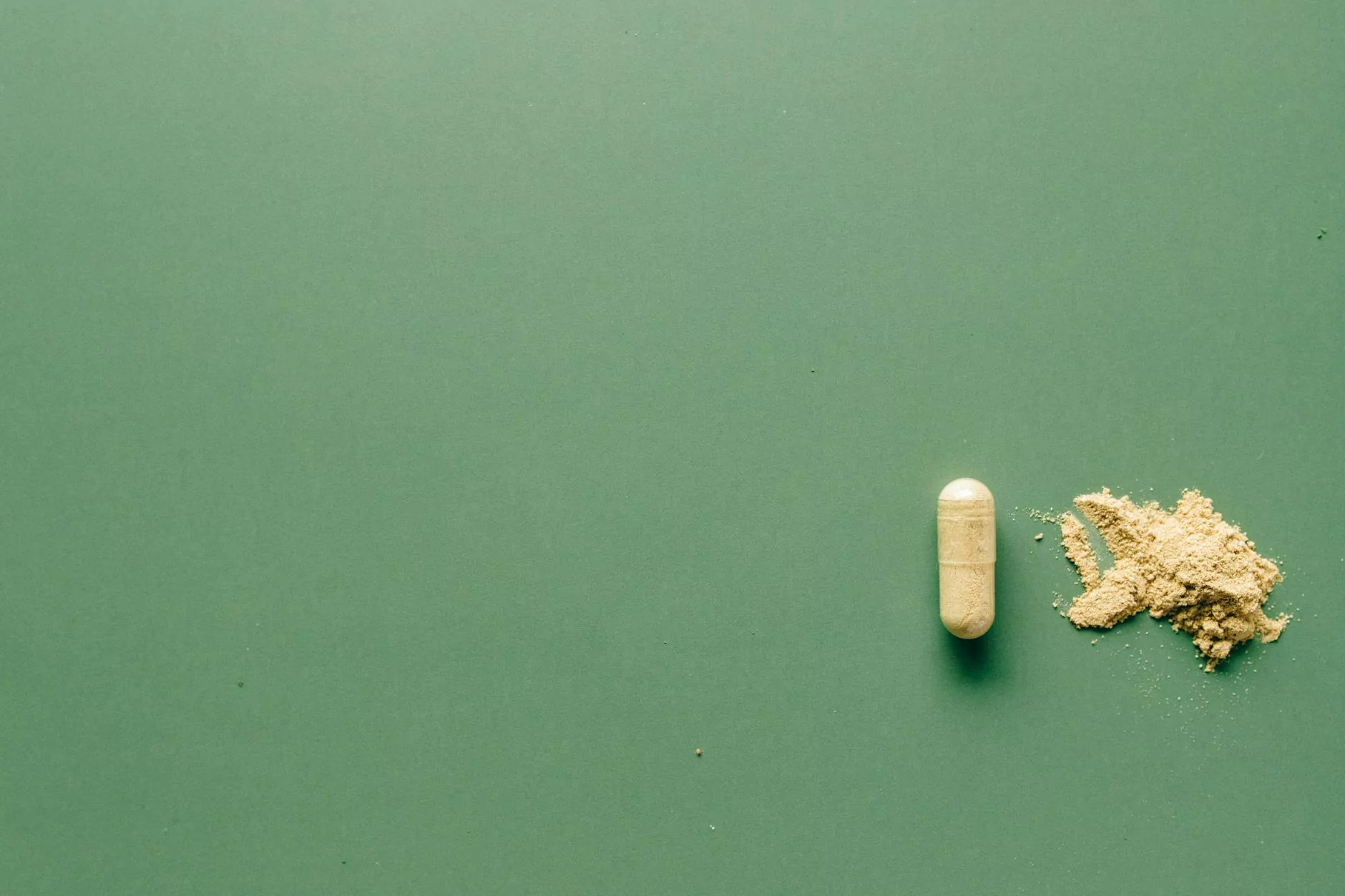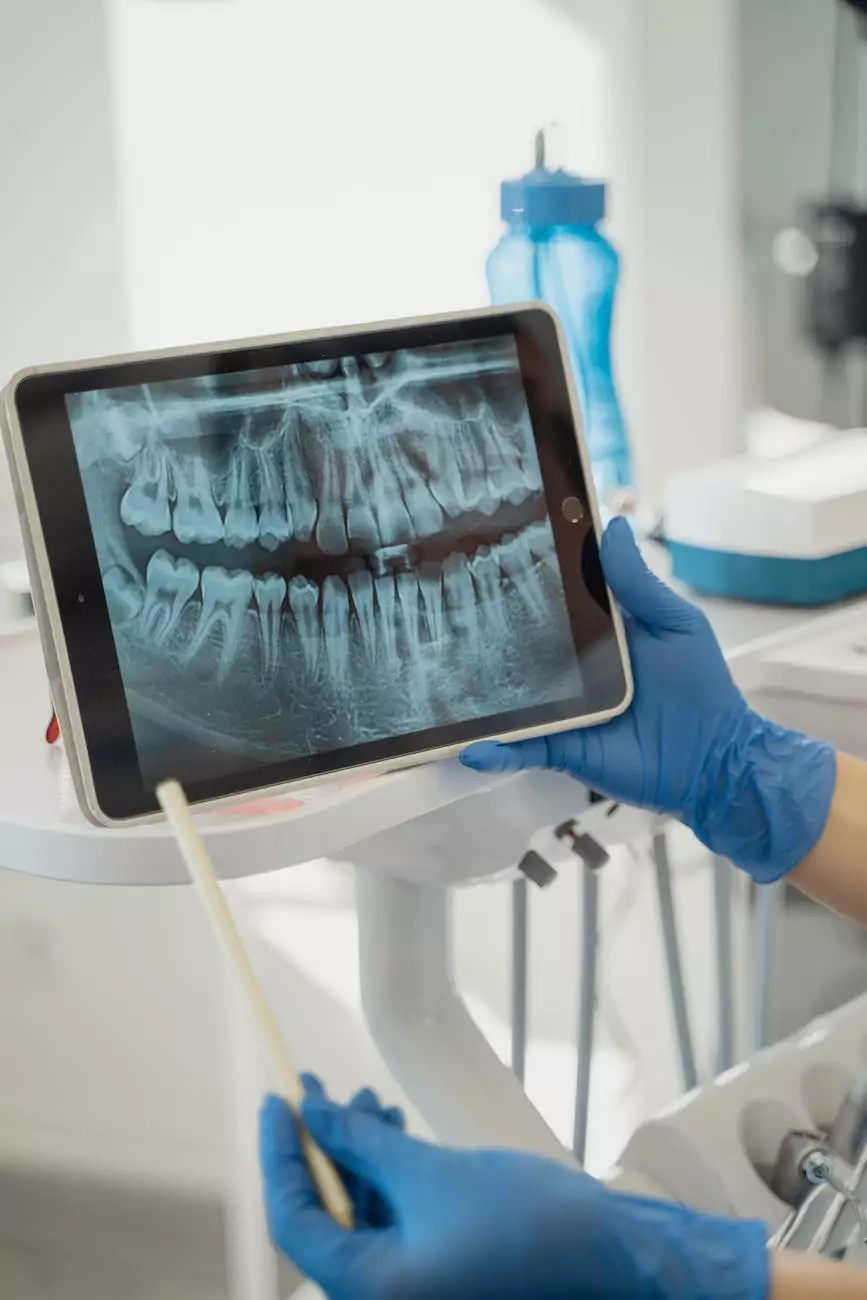Caffeine and Arthritis??

Effects of Caffeine on Arthritis
At Naturally with Karen, we understand the importance of finding reliable information on managing arthritis. One common question that arises is whether caffeine consumption affects arthritis symptoms. In this article, we will explore the relationship between caffeine and arthritis and provide you with valuable insights to make informed choices for your health.
Understanding Arthritis
Arthritis is a prevalent condition characterized by inflammation and pain in the joints. It can significantly impact an individual's quality of life, causing discomfort and limiting mobility. There are various types of arthritis, including osteoarthritis, rheumatoid arthritis, and gout.
The Role of Caffeine
Caffeine is a natural stimulant found in many everyday beverages and foods such as coffee, tea, chocolate, and energy drinks. It works by blocking adenosine receptors in the brain, which helps in promoting alertness and reducing fatigue.
Does Caffeine Aggravate Arthritis Symptoms?
The relationship between caffeine and arthritis is complex and varies from person to person. Some individuals with arthritis report that consuming caffeine exacerbates their symptoms, leading to increased pain and joint stiffness. It is believed that caffeine may trigger inflammation and contribute to inflammation-related pain.
Research Findings
While anecdotal evidence suggests a potential link between caffeine and worsened arthritis symptoms, scientific research on this topic is limited. Some studies have found a correlation between caffeine intake and increased inflammation markers, indicating potential aggravation of arthritis symptoms. However, more comprehensive research is needed to establish a definitive conclusion.
Takeaway: Moderation and Self-Awareness
When it comes to caffeine consumption and managing arthritis, it is crucial to listen to your body and practice self-awareness. If you notice that caffeine worsens your arthritis symptoms, it may be worth considering reducing your intake. However, it's important to note that individual responses to caffeine can vary. What works for one person may not work for another, so it's essential to find the right balance that suits your unique needs.
Alternatives to Caffeinated Beverages
If you're looking to reduce your caffeine consumption or explore alternative beverages, several options can be beneficial for arthritis patients:
- Herbal teas: Herbal teas like chamomile, ginger, and turmeric can offer soothing and anti-inflammatory properties.
- Decaffeinated coffee or tea: If you still enjoy the taste of coffee or tea, opt for decaffeinated versions to minimize your caffeine intake.
- Water: Staying hydrated with water is crucial for overall health and joint function. Consider infusing water with fruits or herbs for added flavor.
- Green tea: Green tea contains less caffeine than regular tea or coffee and is rich in antioxidants, which have potential anti-inflammatory effects.
Consulting a Healthcare Professional
If you have concerns about how caffeine may affect your arthritis symptoms, it's always a good idea to consult with your healthcare professional. They can provide personalized advice based on your specific condition, medical history, and overall health goals.
Conclusion
While the relationship between caffeine and arthritis is not yet fully understood, it is essential to be mindful of how caffeine consumption may affect your individual symptoms. At Naturally with Karen, we advocate for an informed approach to managing arthritis. By staying aware of your body's responses and exploring alternatives, you can make choices that support your overall well-being.










